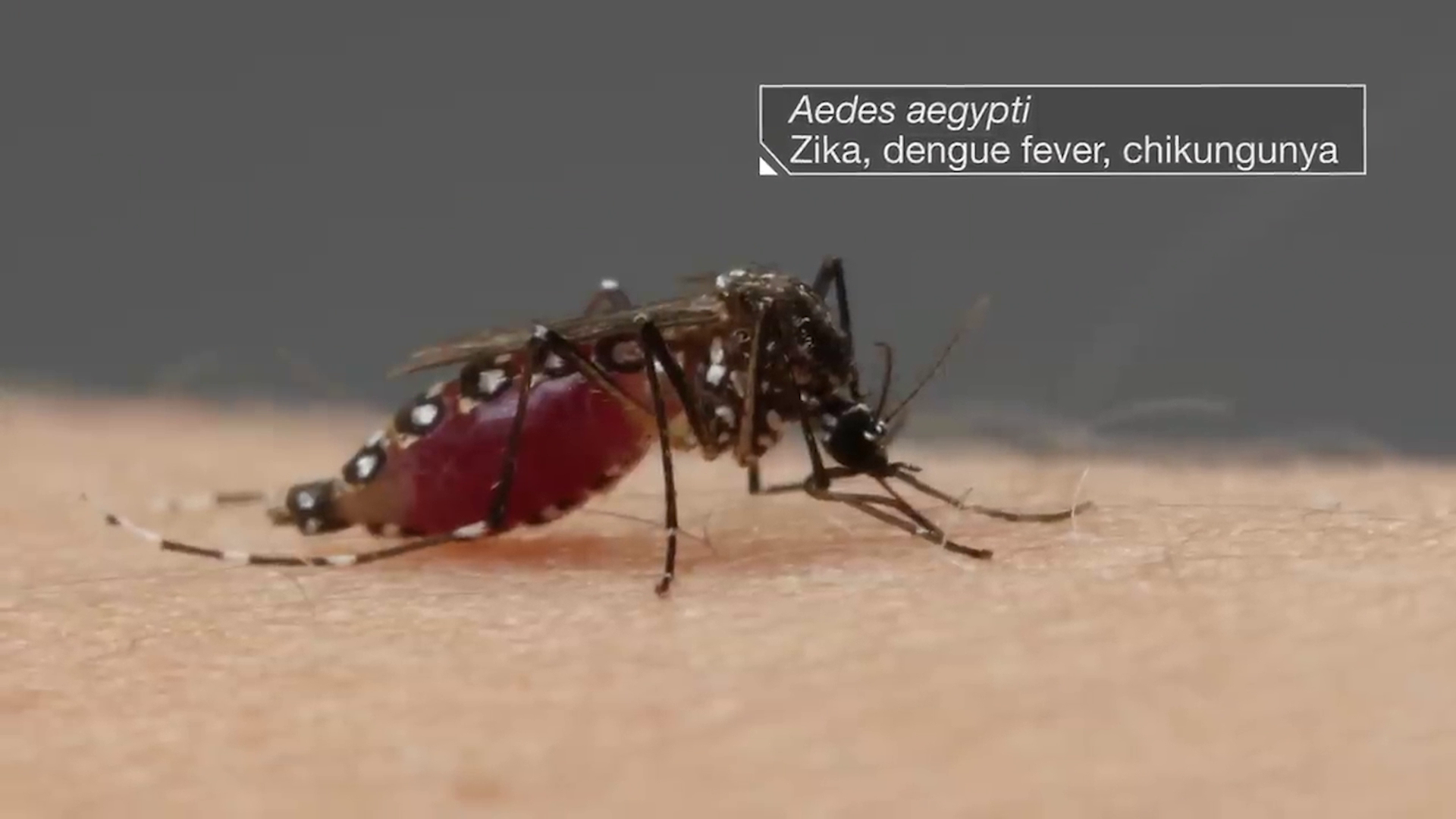We all know the rainy season runs from June to November, but what we sometimes forget is that rain brings more than just puddles. It brings mosquitoes. And with them, a spike in dengue cases. This week, the Karl Heusner Memorial Hospital sounded the alarm, reporting a sharp rise in dengue infections, especially here in Belize City. It’s got health officials urging everyone to take extra precautions. So, what can you do to protect yourself and your family? And just how serious is the situation? Director of Public Health, Dr. Melissa Diaz, breaks it all down for us.
Dr. Melissa Diaz, Director, Public Health & Wellness, MoHW
“We have strengthened our surveillance team. We’ve strengthened the capacity in what they’re capable of doing. And we are ensuring that when we say heightened surveillance, we’re no longer waiting for persons to come in to say, I don’t feel well, but we’re going out to try to find persons who are ill. With regards to measles and malaria, I can happily report that we have not had any cases in the recent two cycles.”
Britney Gordon
“When it comes to dengue, are we observing an increase in the amount of cases that we usually have around this time of year, or is it around the same?”
Dr. Melissa Diaz
“With the surveillance aspect, we do monitor many of our diseases on a weekly basis. It’s called the endemic channels. And when we look at dengue, we know that for the same period last year, the number of country cases has reduced. However, they, when we look at the districts, the Belize district has shown over two hundred percent increase. In the last two weeks. So we know that there is ongoing transmission of dengue. There is an outbreak in the Belize District and we have increased the interventions that we’re doing. We’re getting help from Northern Health Region in terms of bringing in staff to help us to break this transmission. And we’re advocating to the public to please ensure that the, your yards are clean, that you don’t have any reservoirs holding stagnant water, that your drains are clean because these are the areas where this vector can produce and spread the disease.”
